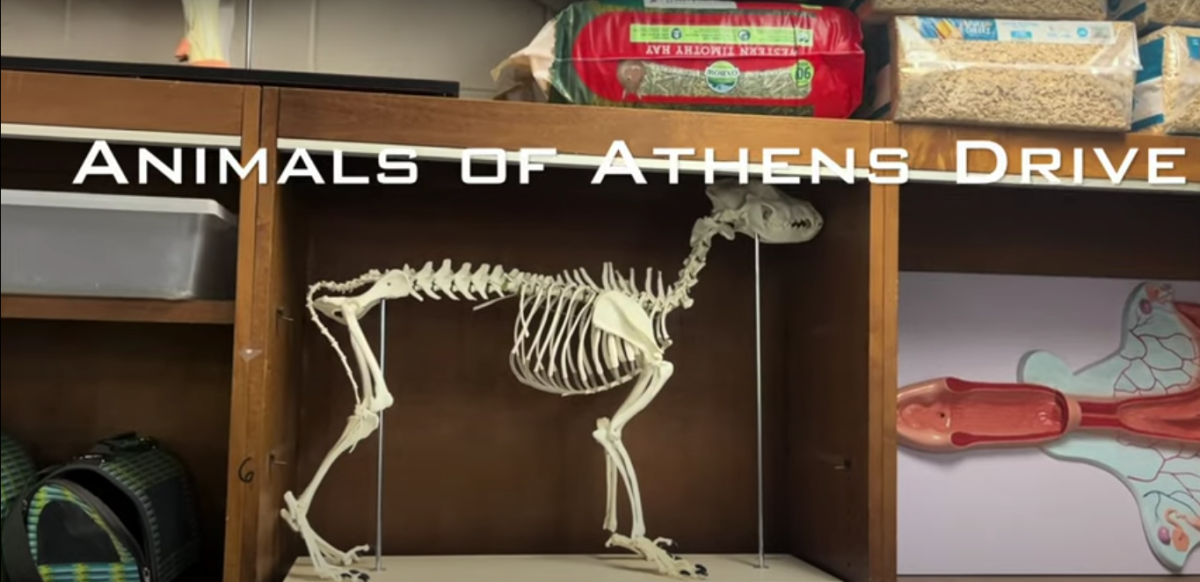
The North Carolina State Legislative Building.
The recent issue of gerrymandering in North Carolina was first brought to the attention of the Supreme Court almost 30 years ago, with the supreme court case Shaw v. Reno. In this case, Republicans argued redistricting agreed upon on by the Democratic majority committee was a power grab. Despite this, the North Carolina legislators have not yet managed to grasp the severity of their current redistricting habits, up until recently.
North Carolina has a long history involving racially motivated voting rights changes, gerrymandering is no different. In the 1990 Shaw v. Reno supreme court case, a Democratic controlled committee created the infamous District 1 and 12, two majority minority districts. Republican legislators argued that the Democrat controlled committee deliberately constructed the districts to contain a majority minority due to the fact that minorities commonly vote Democratic. This would have given Democrats an advantage in those districts.
However, recently the opposite of that has occurred in the redistricting process in North Carolina. Instead of redistricted maps giving more political power to Democrats, the redistricting processes are now assisting Republican politicians in elections, while still infringing upon the rights of minority voters.
In a system where gerrymandering was nonexistent, the share of seats in the House of Representatives and the Senate would be representative of the State’s popular vote. However, as a result of obscure redistricting, the Democrat’s share of the popular vote has not been transmitted into their share of seats in the state House and Senate. Therefore, the number of seats obtained by Republicans has expanded.
For example, according to the News & Observer, in the 2018 election, Republicans in the state only acquired 50.3% of the popular vote, but acquired a total of 10 out of the 13 congressional seats available. The Republican controlled General Assembly of North Carolina, did this by “packing” Democrats into certain districts and dividing up other voters to dilute their political impact.
When gerrymandering causes the popular vote in a state to remain unreflected in Congress, it essentially hinders democracy. This issue has been brought to the attention of the Supreme Court, but instead of ruling gerrymandering unconstitutional, the Court decided that the issue of gerrymandering was out of their reach and left it to be decided at a state level.
In response, North Carolina is the first state to attempt to solve gerrymandering without the help of the federal government. With the goal of approving new redistricting maps by Sept. 18, a three judge panel discarded 2017 maps for the North Carolina General Assembly, due to unfair partisan advantage towards Republican candidates.
The panel stated, “in all but the most unusual election scenarios, the Republican party will control a majority of both chambers of the General Assembly.”
Additionally, the panel ordered that new maps must be created in public hearings without regard to citizens previous voting records in hopes of avoiding similar political influences in the redistricting process. In order to avoid unintentional bias, the NC General Assembly decided to use a lottery machine to select base maps from which they would be relied on for redistricting.
Ideally, this may be a plausible solution to the long standing gerrymandering dispute within North Carolina’s redistricting process and may even reinstitute the impact of popular vote within North Carolina’s elections.














